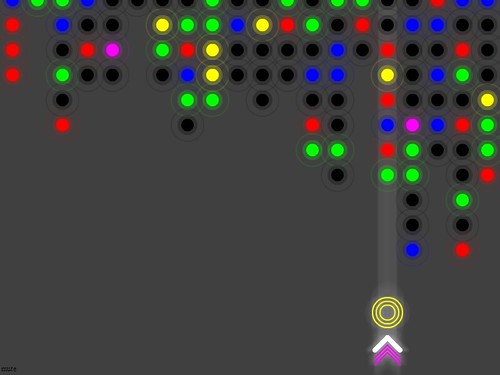The Magic of Magic

Recognize this? Of course you do.
I started playing Magic: The Gathering when I was in 5th grade. Like all things from that age, it was a fad, and quickly faded behind the next hot toy. However, I have been amazed with the frequent resurgence of the game in my life. Multiple times, I have witnessed people with little in common admit that they were fans of the game, usually reluctantly or in jest, only to see enthusiasm snowball until a community has formed around the game, happily dishing out large sums of money for the latest cards.







 Michael Mateas, Noah Wardrip Fruin, and Mary Flanagan, half of the art-theory collaboration Grand Text Auto, gathered at the
Michael Mateas, Noah Wardrip Fruin, and Mary Flanagan, half of the art-theory collaboration Grand Text Auto, gathered at the 
 Rationalization
Rationalization ![players collaborate with [giantJoystick]](http://www.we-make-money-not-art.com/wow/0aagiantjoyst4.jpg)


